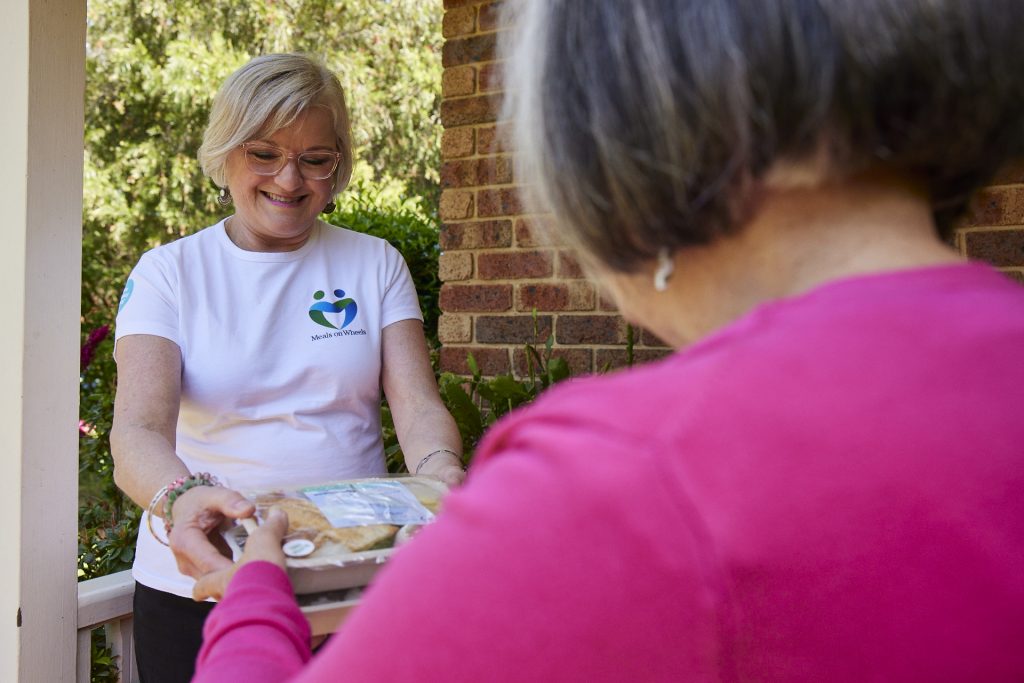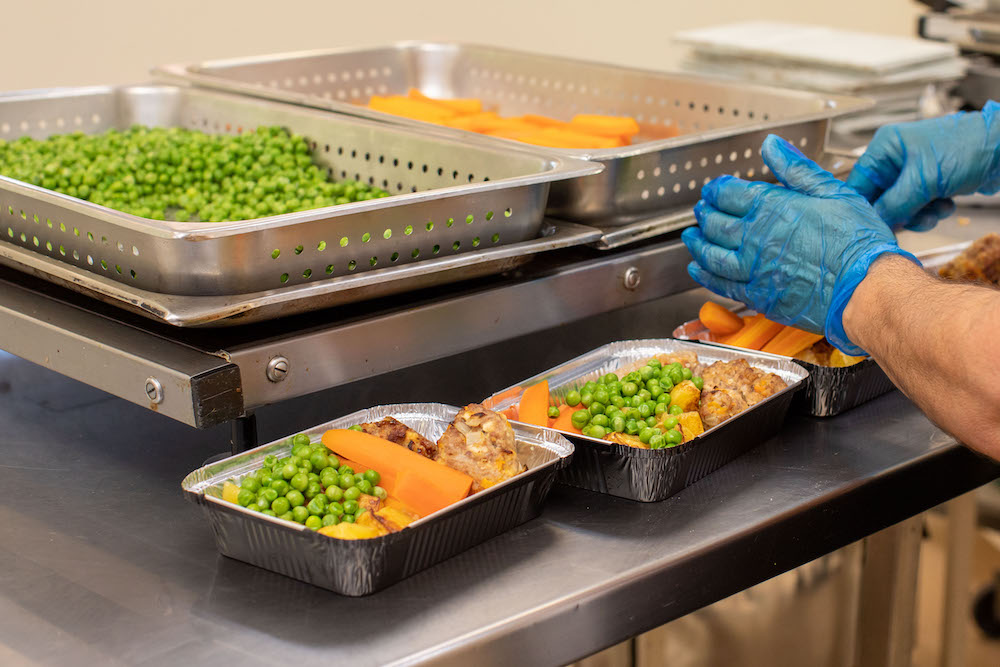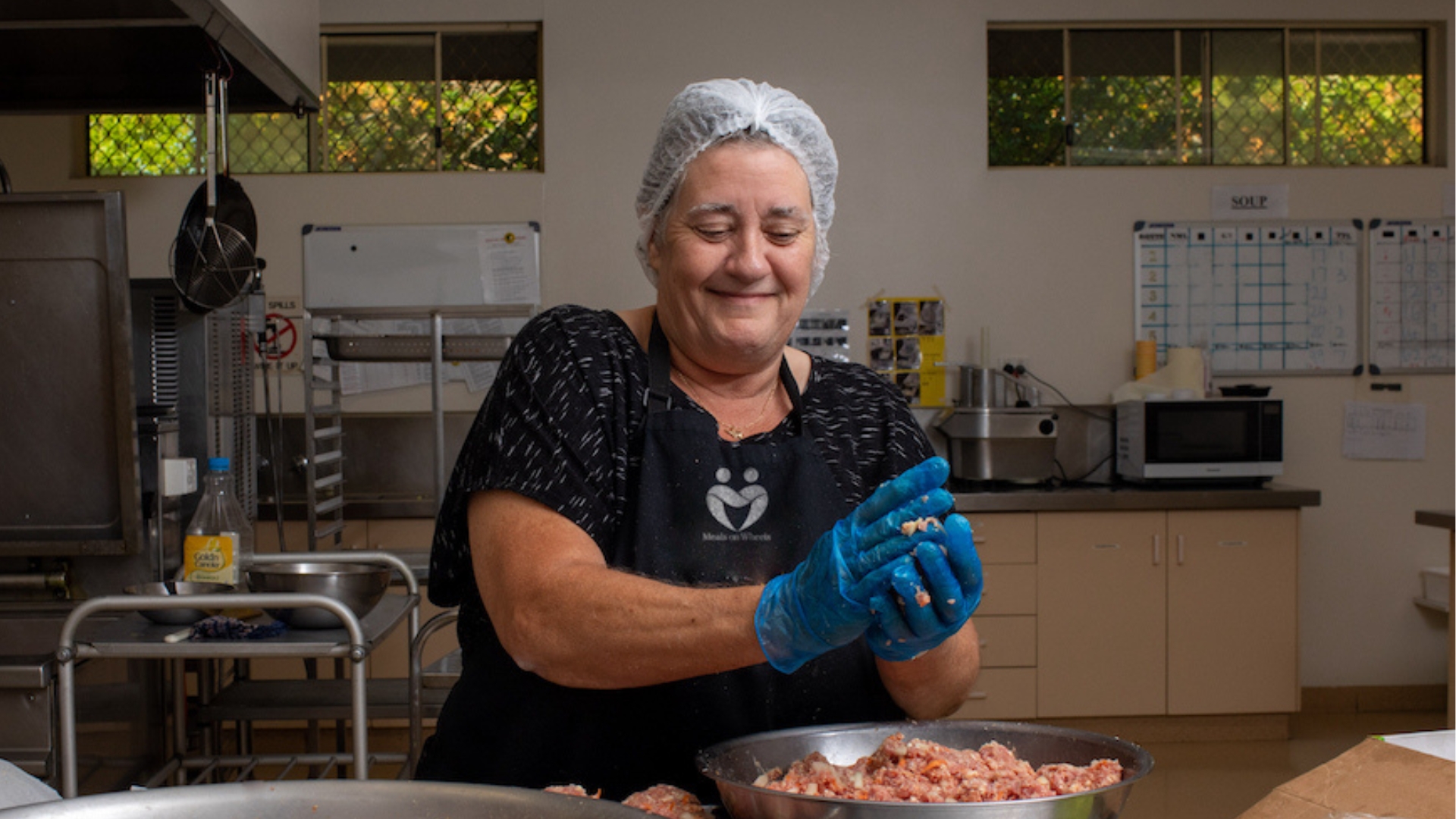By Martina Simos
For 65 years, Meals on Wheels has served the elderly around Australia with the delivery of hot meals.
A recent report reviewed the effectiveness of Meals on Wheels Australia (MoWA) and a projection of focus for the future.
Life expectancy is projected to double by 2057, so will two main issues in ageing – social isolation and loss of independence.
With this in mind, MoWA engaged Huber Social to measure the social impact of their service for its customers and volunteers and to understand the broader benefits of the MoWA model beyond nutrition.
The findings were presented in the report, Meals on Wheels Australia -Social Impact Report, which was released in May 2023.
There were two parts to measure and review:
- Obtain evidence that MoWA has real impact beyond basic meal delivery;
- and a better understanding of the key drivers of success to ensure the service is as effective as possible and resources are focused to have the most impact.
“There are clear social and economic gains for the way the elderly are supported in Australia, if services such as MoWA are able to assist people to live independently in their homes for longer,” the report said.

Key findings:
For customers
- The majority of MoWA customers have less than one meaningful social connection a day. Only 20 per cent of MoWA customers report having one or more meaningful social connections a day.
- Connection is key – of all factors relating to MoWA service that were examined, how well customers know their volunteers had the strongest relationship with wellbeing. Knowing your volunteer better was associated with higher wellbeing.
- Connected customers have the most improved outcomes – of the 36 factors measured, when compared to customers who do not know their volunteer at all, customers who know their volunteers a little, somewhat, and very well were found to have significant positive improvements in 42 per cent, 72 per cent, and 83 per cent of factors measured, respectively.
- Length of visit matters, but frequency does not – visits of two minutes or more were associated with higher wellbeing, while the number of visits per week was not found to have a significant relationship with outcomes
- Customers living alone know their volunteers better and receive greater benefit from the service – those living alone saw greater improvements across key outcomes than others.
For volunteers
- MoWA volunteers have higher wellbeing than other Australians – when compared with a sample of comparable Australians, MoWA volunteers were found to have 10 per cent higher wellbeing. When compared to volunteers of a similar age group and volunteer time commitment in a different organisation, MoWA volunteers still report having four per cent higher overall wellbeing.
- Volunteering with MoWA builds a sense of belonging – long term MoWA volunteers reported significantly higher scores across factors related to their sense of belonging.

The report also outlined future opportunities as an area of focus – the importance of the relationship between customers and volunteers.
“While this factor was found to have the strongest relationship with overall wellbeing and program outcomes, it was also an area with clear room for improvement, with 43.1 per cent of customers reporting they didn’t know their volunteers very well at all,” the report said.
“This represents the biggest opportunity for MoWA to increase the wellbeing of their customers and maximise their impact.”
Note: Report measurements were conducted with services from New South Wales, Queensland and South Australia over a month period. The results in the report are based on analysis of 1,462 responses from customers and 1,255 from volunteers.
